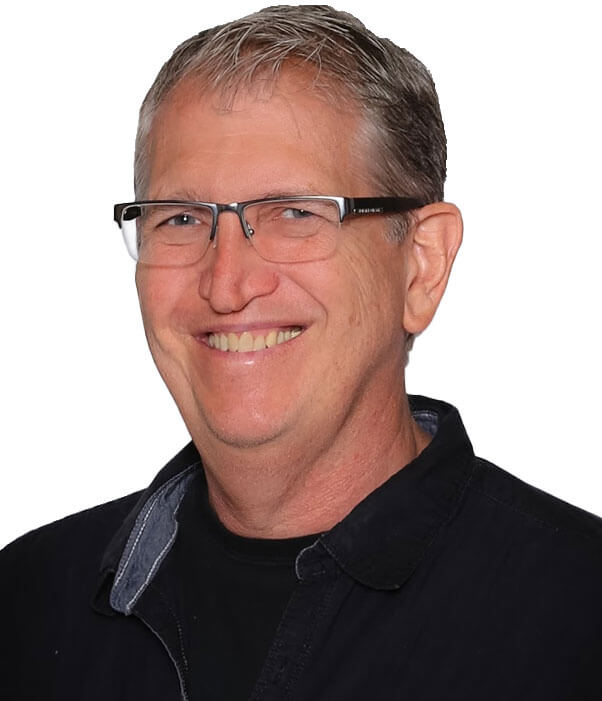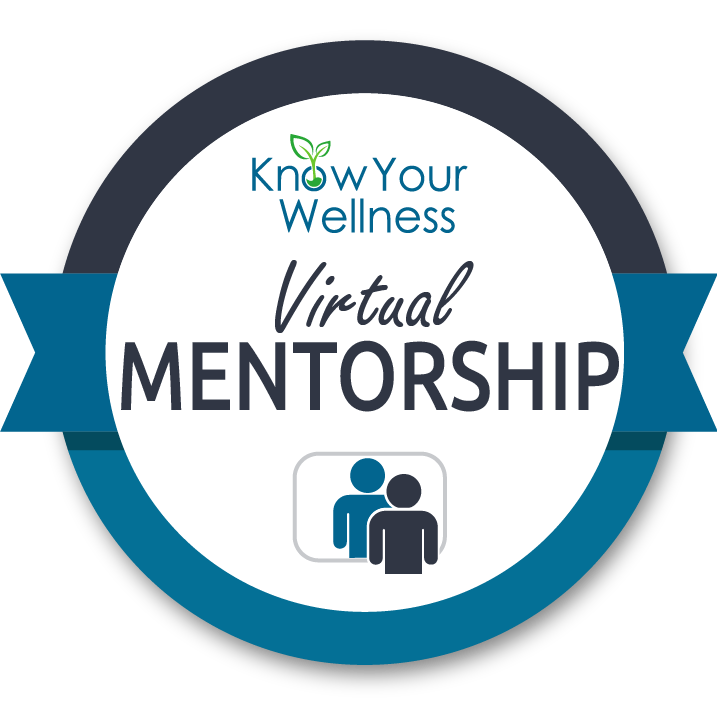Steven Horne
International Educator and best selling Author
For over 30 years, Steven Horne has been teaching people how to identify and remove the root causes of their health problems, rather than just treating symptoms. A Registered Herbalist with, and past president of, the American Herbalists Guild (AHG), Steven’s passion for herbal medicine and natural healing lead him to teach classes all over the United States, Canada, and the world. Through his companies, Tree of Light Publishing and The School of Modern Herbal Medicine, Steven has produced numerous books, courses, videos and webinars teaching people about herbal medicine, nutrition, emotional healing and other topics related to holistic healing, including The Comprehensive Guide to Nature’s Sunshine Products and The ABC Herbal. He is the co-author of Modern Herbal Medicine and The Modern Herbal Dispensatory. Steven is on the Know Your Wellness Board of Education, and he is the Advisor for the Clinical Herbology Mentorship program.





